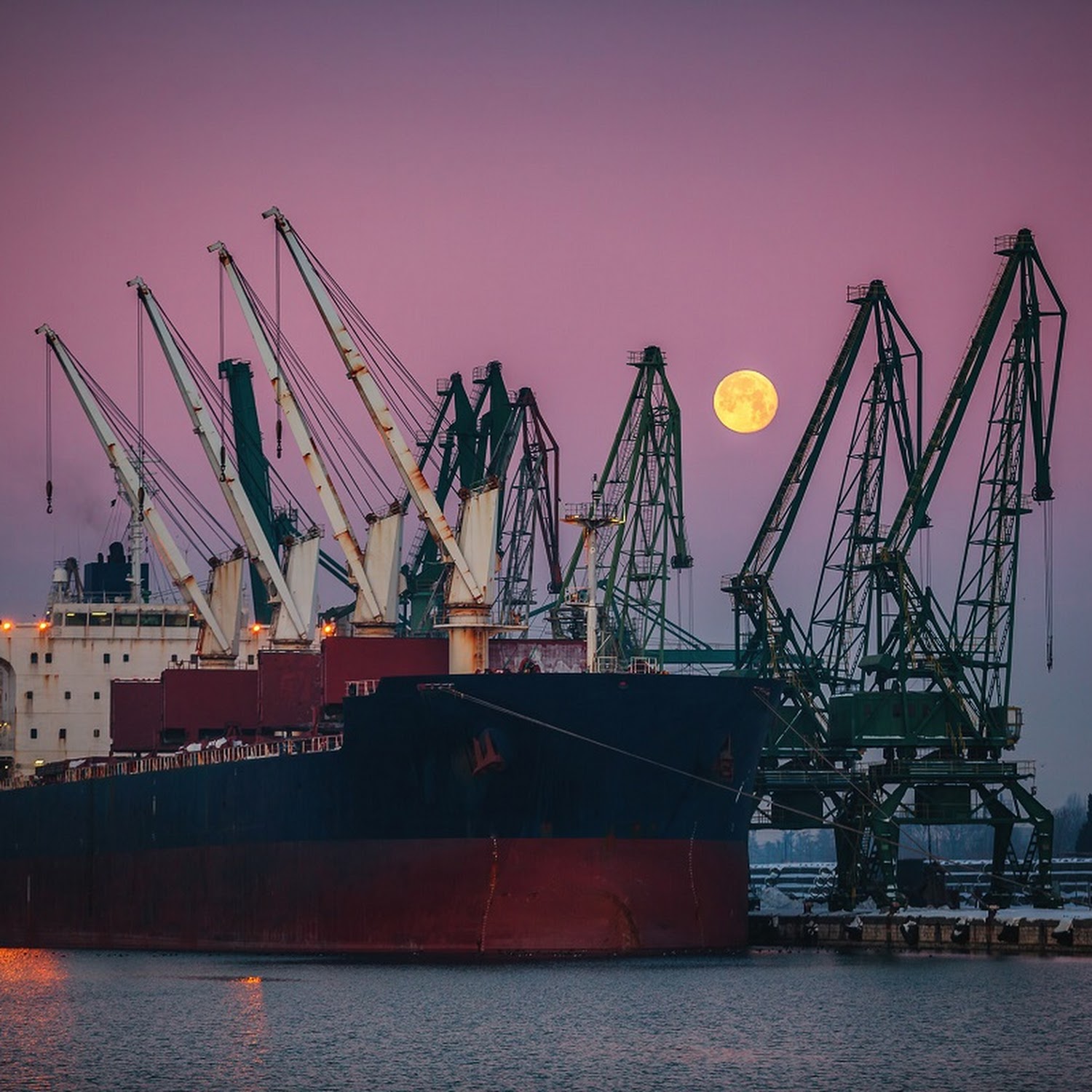Agoa’s expiration and the future of economic diplomacy

Broader value of the legislation is in strengthening commercial diplomacy beyond mining in Africa
As Washington grapples with political gridlock, another milestone quietly passes with far-reaching implications for Africa.
This is a hard day in American politics. The government has shut down after Congress failed to pass a funding bill, and the African Growth & Opportunity Act (Agoa) has expired after 25 years. But let’s focus on the latter today.
Since 2016 US policy towards Africa under the Trump administration has placed commercial diplomacy — particularly critical minerals — at the centre of its agenda. A key milestone was the establishment of the Development Finance Corporation (DFC) in 2018, followed by its first equity investment in the minerals sector the next year.
In 2023 the administration conducted a review of the President’s Advisory Council on Doing Business in Africa (PAC-DBIA), an initiative created during the Obama years to advise the president, through the commerce secretary, on deepening US-Africa trade and investment.
The review concluded that Trump officials convened more PAC-DBIA meetings than either their Obama or Biden administration counterparts.
The rise of critical minerals in US-Africa policy
Since President Donald Trump’s return to office his Africa strategy has consistently elevated trade and business over aid, with critical minerals featuring prominently. One notable initiative was a “minerals for security” proposal, in which President Félix Tshisekedi of the Democratic Republic of Congo (DRC) offered the US access to his country’s mineral wealth in return for security support.
After negotiations in Washington and Doha, the DRC and Rwanda signed a peace agreement in Washington on June 27 this year.
Scaling mineral co-operation in Africa
The focus has now shifted to scaling mineral co-operation and advancing broader regional economic integration. In July the DFC approved financing for two major mineral projects in Sub-Saharan Africa, citing both the potential to drive regional growth and the importance of reinforcing US critical mineral supply chains essential for defence, energy and advanced technologies.
The central challenge for the administration remains reconciling Agoa — a unilateral trade preference scheme — with its preference for more reciprocal, strategically calibrated economic tools. While many Agoa beneficiaries are minerals rich — such as the DRC, SA and Namibia — it provided minimal tariff advantages for mining since most minerals already enter global markets with minimal duties.
Soft power and the China contrast
Agoa’s real significance lies in soft power. When China announced in June that it would lift tariffs on all imports from 53 African nations, the contrast sharpened. The lapse (and potential ending) of Agoa is sending a damaging signal about the reliability of US commercial diplomacy.
Faced with comparable opportunities from Washington and Beijing in the mining space, African governments would probably tilt towards China.
“The future of US-Africa commercial diplomacy is at stake. If not Agoa, then what?”
The broader value of Agoa is in strengthening commercial diplomacy beyond mining. Though mining generates substantial revenue, it creates relatively few jobs.
Modern operations are highly mechanised, with demand centred on specialists such as engineers and geologists rather than large workforces. This makes mining poorly suited to meeting Africa’s urgent need for mass job creation, as its population of 1.4-billion is expected to reach 2.5-billion by 2050.
By contrast, Agoa has supported growth in labour-intensive sectors such as textiles, agriculture and light manufacturing. Namibia demonstrates the potential: after years of investment to meet US standards, it became the first African nation to export beef to the US in 2019.
Africa’s economic recalibration
More broadly, the expiration of Agoa is likely to push African governments to recalibrate their economic diplomacy. Without preferential access to the US market China’s dominant role in African trade, infrastructure and minerals would become even more attractive.
In the critical minerals sector especially, Beijing’s readiness to provide financing, infrastructure and guaranteed offtake could accelerate African alignment with Chinese interests, undermining US ambitions to build secure, diversified supply chains.
The future of US-Africa commercial diplomacy is at stake. If not Agoa, then what?